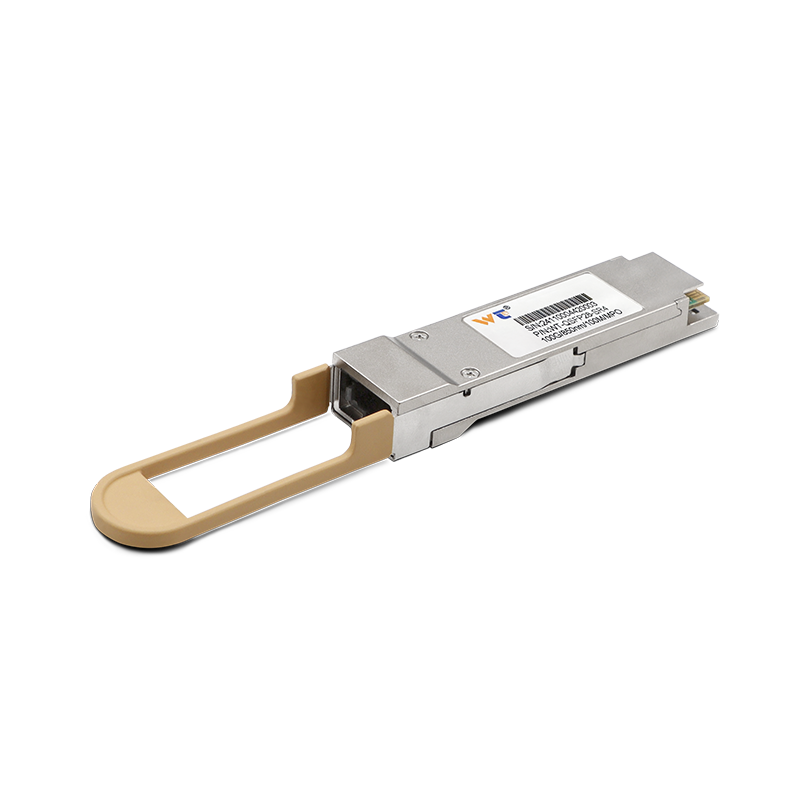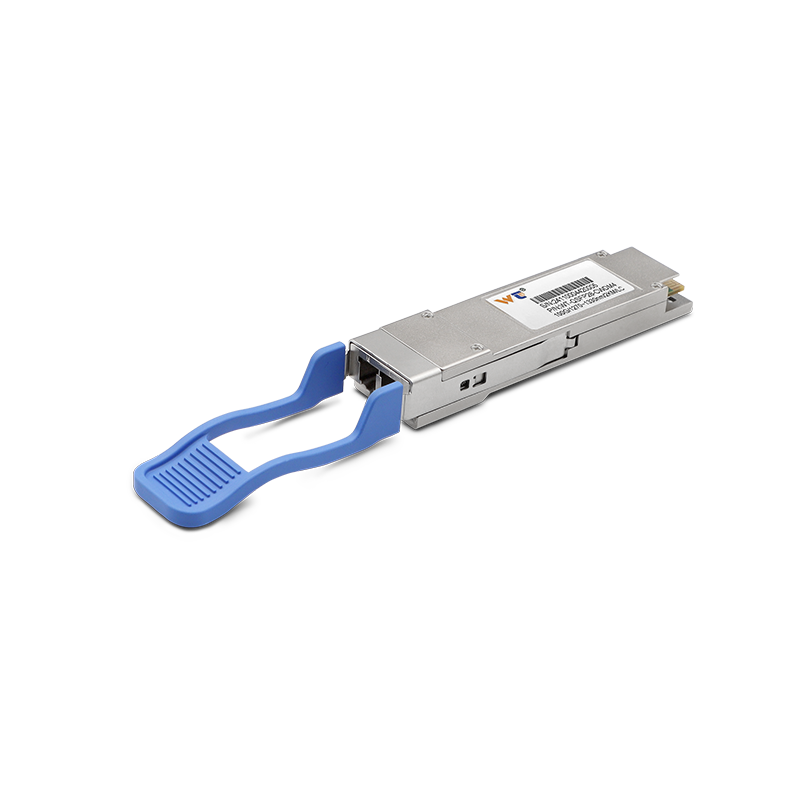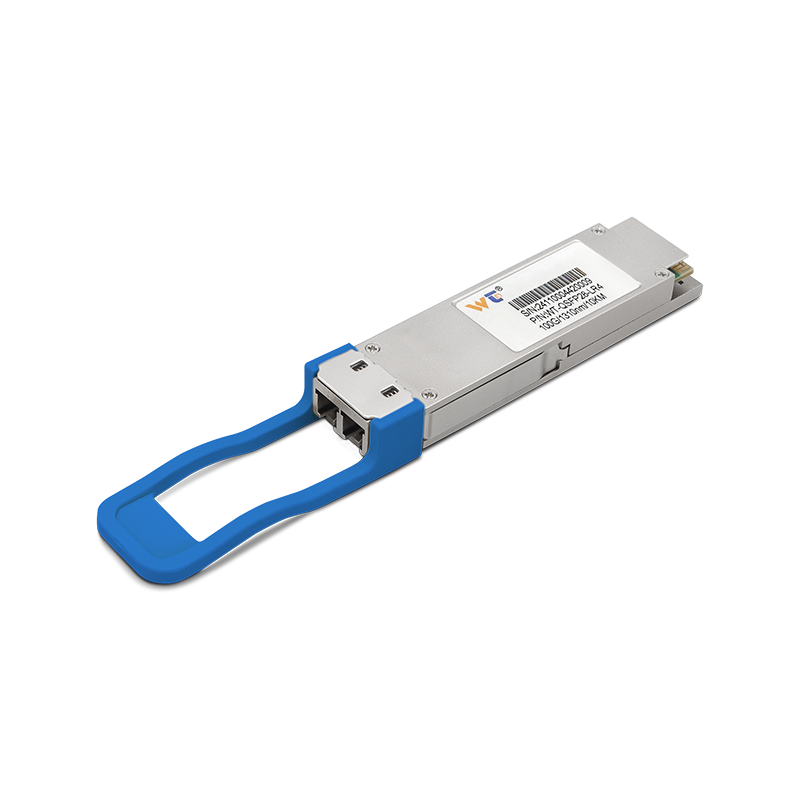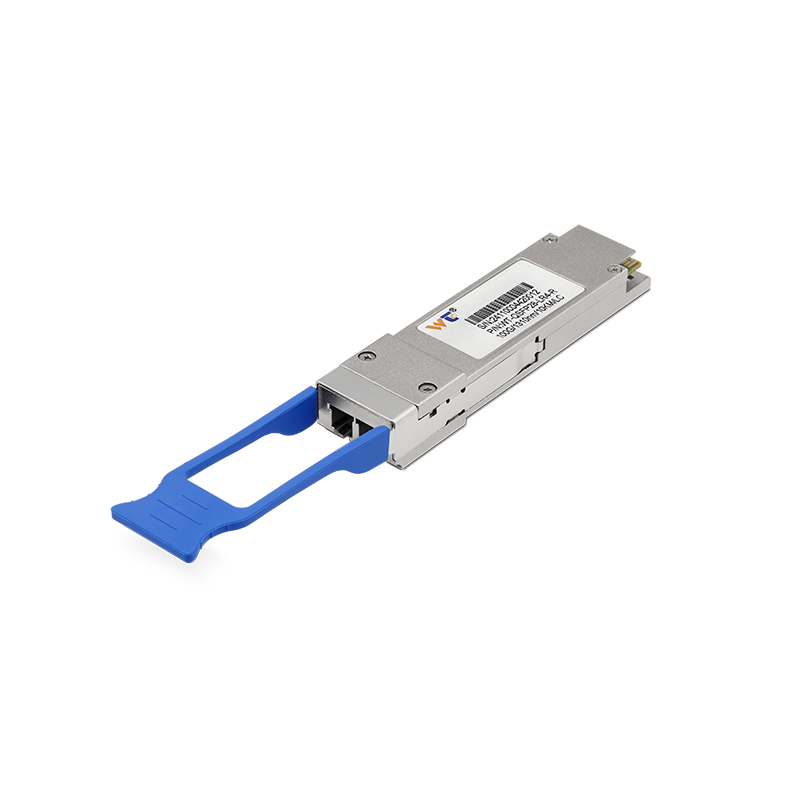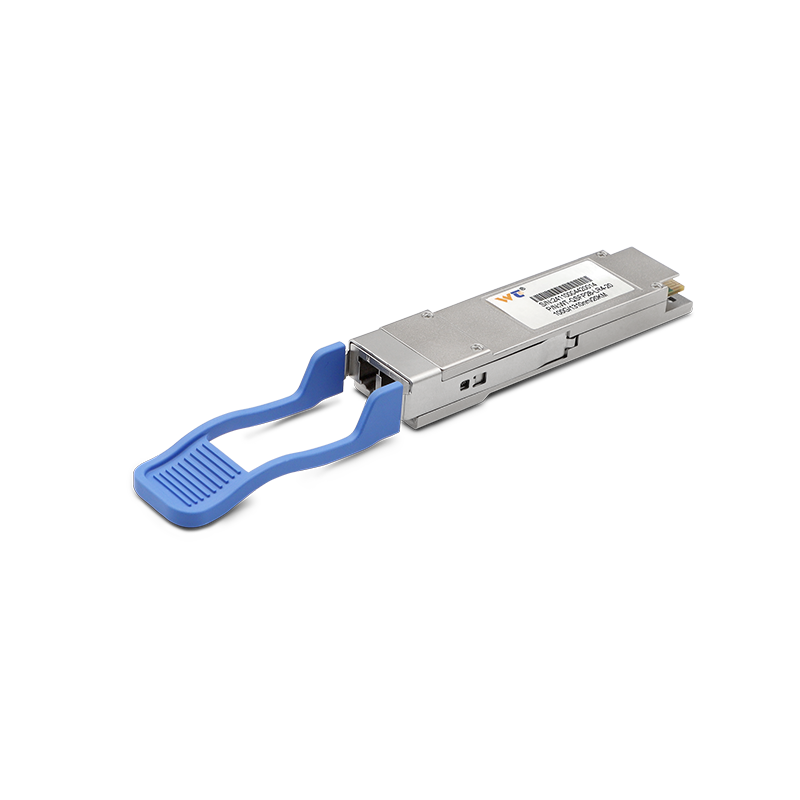In the realm of smart manufacturing, the demand for reliable high-speed data transmission will significantly rise by 2025. As industries increasingly adopt automation and smart technologies, the role of advanced optical modules will become even more crucial. These components are set to transform the manufacturing landscape, ensuring seamless interoperability and data management.
Optical modules are the backbone of modern communication systems, translating electrical signals into optical signals and vice versa. The global market for optical modules is expected to witness a significant surge, driven by innovations in fiber optic technology and growing needs for data center interconnectivity. The industry trend indicates a shift toward higher bandwidth requirements, reduced latency, and enhanced network efficiency. Experts anticipate that by 2025, the demand for 100G optical modules will exceed all previous benchmarks, particularly in applications such as cloud computing, IoT, and Industry 4.0 deployment.
When examining various optical module technologies, it is essential to categorize based on functionality and application. Transceivers, like SFP+ and QSFP28, dominate the market for their compact size and efficiency in high-speed data transmission. Active optical cables (AOCs) are also proving popular, offering cost-effective solutions for short-distance connectivity. Moreover, innovations in pluggable optics are enabling flexible network designs. The versatility of these technologies not only enhances network performance but also supports scalable architectures, which are essential in complex smart manufacturing settings.
By 2025, real-world applications of these optical modules will expand dramatically. For instance, integrating 100G optical modules in automated warehouses can significantly improve data transfer rates, allowing for real-time inventory monitoring. Similarly, in robotic assembly lines, the synchronization of machines will depend on reliable optical connections to ensure swift communication between devices. Such deployments will exemplify how modern manufacturing can leverage optical technology to streamline operations and increase productivity, showcasing the practical implications of these advancements.
Our website proudly offers a range of optical module products that undergo rigorous quality testing. This ensures exceptional performance across diverse applications. Whether it involves high-speed data transmission or long-distance communication, our optical modules are designed to meet your specific needs. We are committed to providing solutions that not only enhance operational capabilities but also ensure reliability in demanding environments, thereby supporting the evolution of smart manufacturing.
In conclusion, as we look ahead to 2025, the integration of high-reliability optical modules in smart manufacturing will be pivotal. The trends indicate a future where speed, efficiency, and connectivity are optimized through cutting-edge optical technologies. Investing in these modules today will position manufacturers at the forefront of the Fourth Industrial Revolution, ready to meet the challenges and opportunities that lie ahead.

